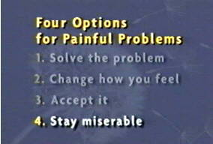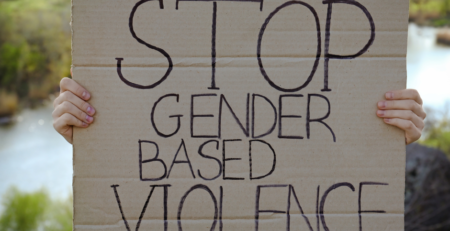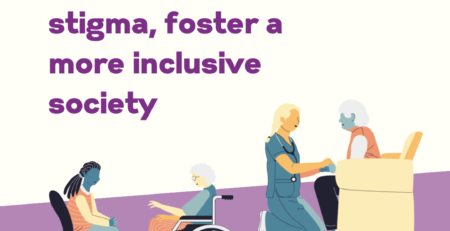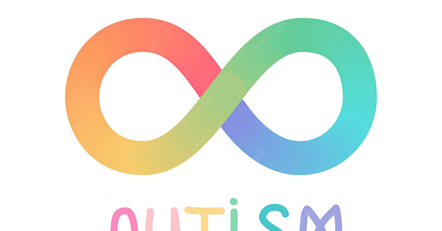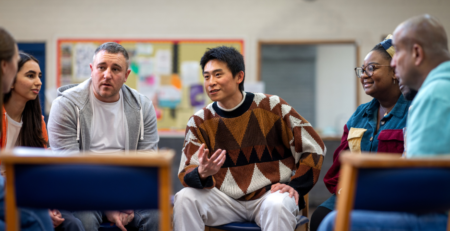Many of us cringe when told we need to accept things as they are.
To understand what acceptance is, it’s sometimes easier to learn what it is Not.
Acceptance is NOT agreeing, nor forgetting, nor judging or forgiving.
It’s a profound practice that can change how you relate to the world and to yourself.
Radical Acceptance – doesn’t mean you don’t try to change things nor does it mean you need to be ok with a situation that is bad for you. You only have to radically accept the moment you are in.
Suffering arises because we are affected by intense negative emotions, our natural reaction to them can be anger, feeling upset and blaming the situation or others about our unfortunate feelings. Some of us are more inclined to blame ourselves – we’re judging ourselves and we very easily find all the “defective” things we wish we didn’t have. Whichever of these reactions we have, the truth is that our negative, intense emotions are still there. Maybe we are ruminating over a past event that affected our present and we just can’t get over the fact that it did happen, and we can’t do anything to change the past.
It’s the struggle to accept things in life between where you are now and where you want to be. Tension arises when what has happened, isn’t what you wanted to happen.
Often, this inability to accept change in your life can keep you stuck, focused on the negative and keeps you drained.
Radical acceptance means fully accepting your reality and letting go of the bitterness. It refers to realising that fighting what is already happening just leads to more pain.
It really isn’t easy sitting with distress, let alone discomfort ☹.
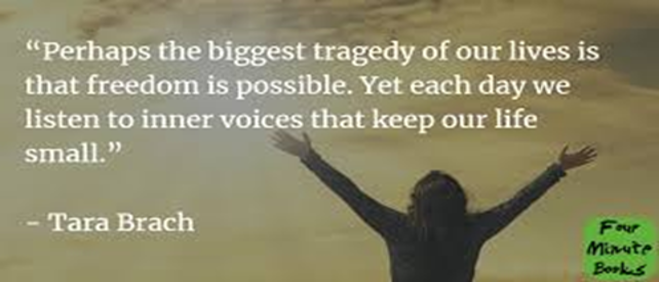
So, how can we learn to be more accepting?
There are 3 Steps to How to Learn to Accept and say YES:
1. Pause
In moments of distress – just Pause
Notice if you are fighting a battle with reality and take 3 slow cycles of breath to interrupt your current state.
During this pause, allow yourself to be fully present and notice how you feel in your body and mind (right at that moment).
To do something about a problematic situation, you first have to accept what is already happening.
2. “Letting Be” – Accept the Feelings that have arisen
Having taken a Pause, tune into sensations, acknowledge and identify what you are feeling in the moment.
Perhaps you feel frustration, anger, sadness or shame. Be open and try to observe whether you feel a certain sensation in your body as an expression of that emotion. Maybe you will have an obvious sensation such as sweaty palms or increased heart rate, or you might have a milder emotional reaction.
Whatever you feel, accept fully that emotion. Remind yourself that you can’t change what has already happened. By fully accepting the emotion and the physical sensation you will feel a sense of ease.
There’s no need to diagnose why, or to look back at a lifetime of causes and conditions. Remain in the present Moment, and give a name to what’s happening, here and now.
3. Yes – “Staying With…”
…Difficult emotions or sensations in a way that isn’t non-reactive can be quite challenging.
Having Paused and then named what’s happening, accept it and say Yes.
Practice acceptance in your body and mind.
One way to practice radical acceptance when dealing with intense negative emotions is using coping statements like:
- The present moment is the only one I have control over.
- Fighting my current emotions and thoughts only gives them more fuel to thrive.
- The present is a result of thousands of variables from the past.
- This moment is precisely as it should be even though I might not like it.
- I cannot change what has happened in the past.
- I accept this moment as it is.
- Although my emotions are uncomfortable, I will get through it.
- It’s not helpful for me to fight the past.
Radical acceptance is a skill that needs to be gradually learned and practiced. So, be patient and don’t get discouraged if you feel like you haven’t completely accepted the event or your emotions at the first attempt.
Where can I go for more information?
At New Directions Psychology we are running 10-week DBT Skills training groups (2hrs per week). These are NOT therapy groups, but purely educational groups designed to teach people skills to improve coping with Intense negative emotions, how to tolerate distress, and how to better interact with people in your life – both personally and occupationally. If this is of interest to yourself – please call the practice on ph: 9248 7852 for further information 😊


